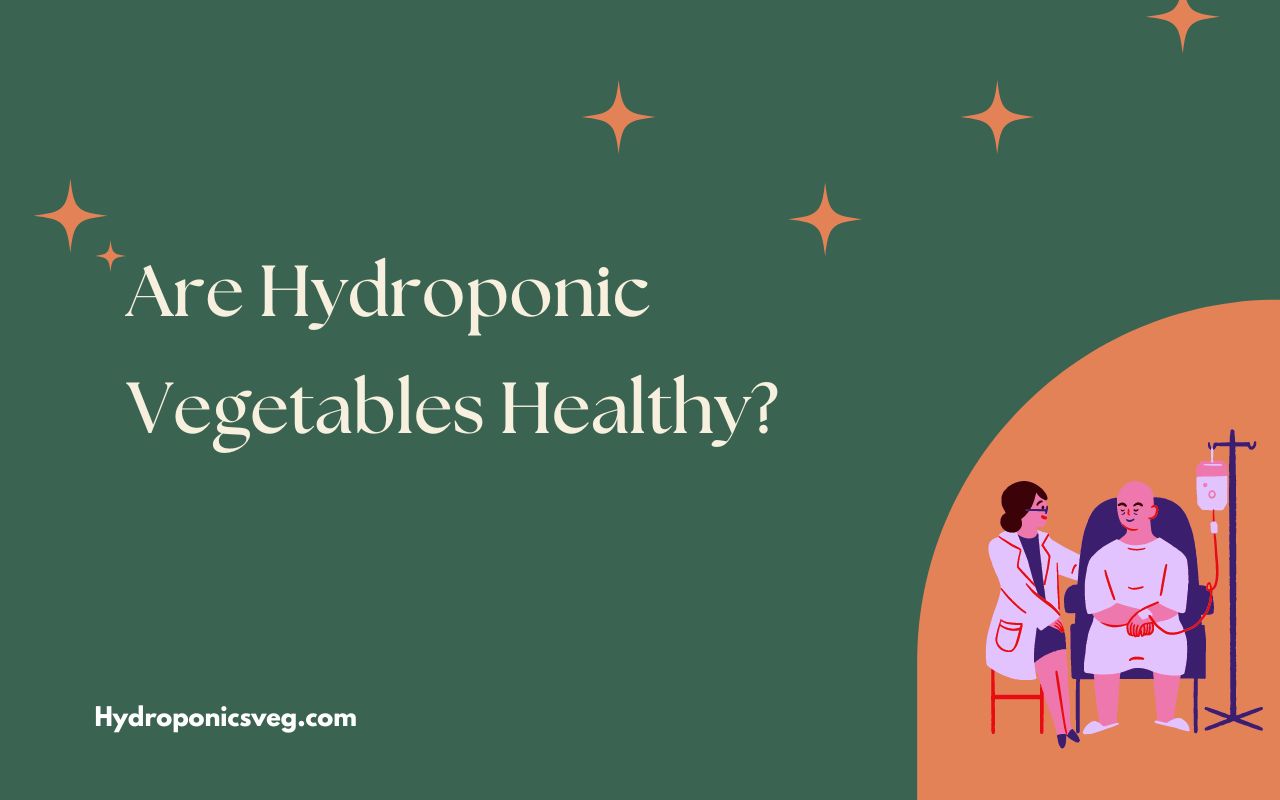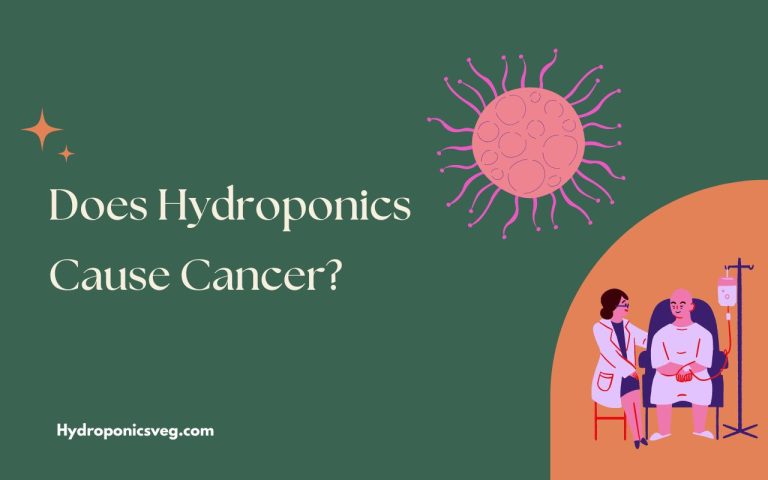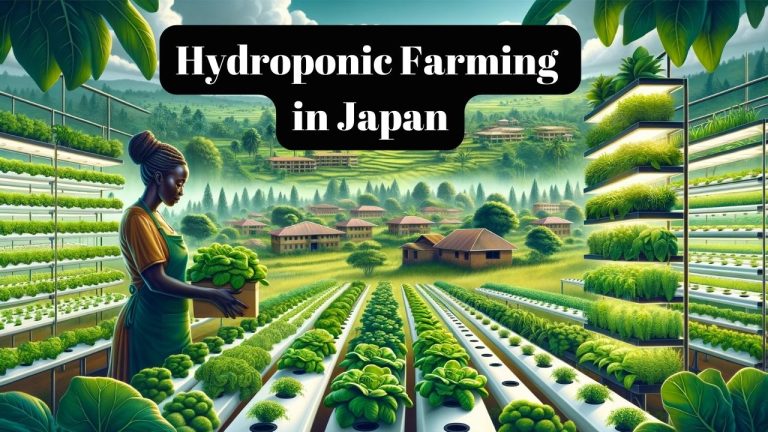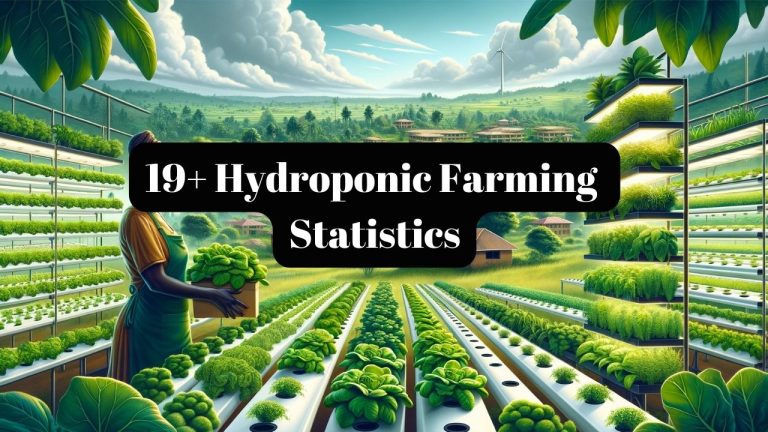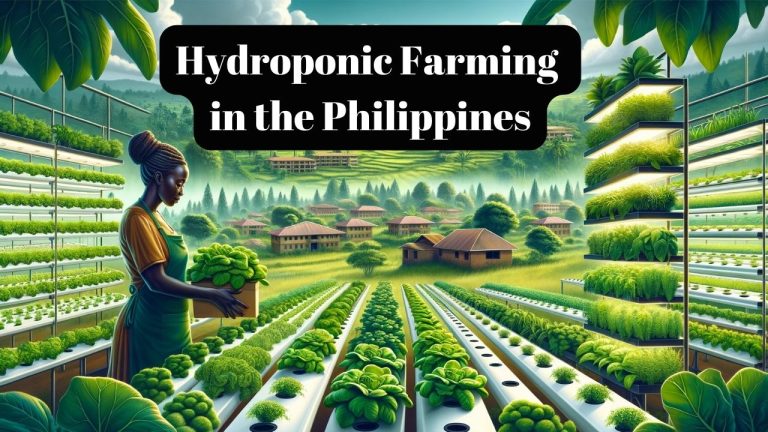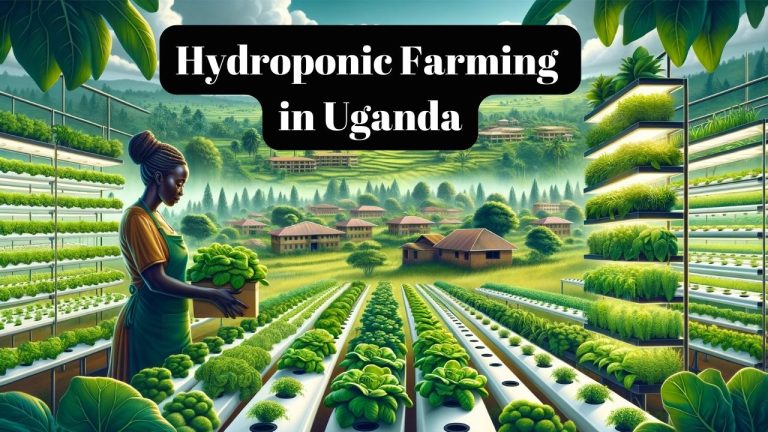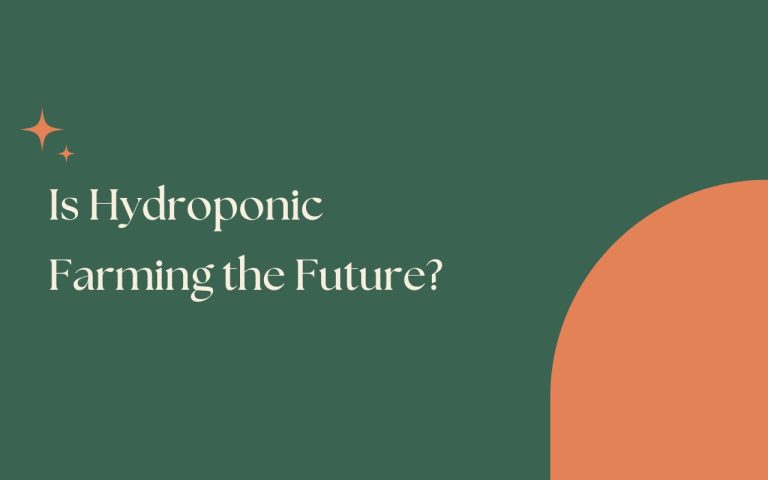Are hydroponic vegetables healthy (safe to eat)?
Hydroponics is a way of farming that lets you grow plants without using soil. It is becoming more common because it gives a higher yield than traditional farming.
But some people wonder if hydroponically grown food is safe to eat.
The short answer is that hydroponically grown veggies are safe and healthy to eat. Studies have shown that hydroponic veggies have about the same amount of nutrients or a little bit more than organic vegetables.
The main difference between hydroponically grown food and organically grown food is that hydroponically grown food gets its nutrients from man-made solutions, while organically grown food gets its nutrients from the soil.

Is hydroponic healthier than organic?
Both hydroponic and organic vegetables are healthy. It is difficult to make a direct comparison between hydroponics and organic farming methods.
Organic farming relies on natural methods to fertilize and control pests. While hydroponic farming relies on artificial methods to fertilize and control pests and diseases.
As earlier said, hydroponic crops contain a similar amount of nutrients as their conventional counterparts contain.
Your choice between both farming methods depends majorly on your personal preference.
Hydroponic Vegetable Benefits
Here are some benefits of growing your vegetables hydroponically.
1) High yield
The most obvious benefit of hydroponic farming is the high yield compared to organic farming.
A hydroponic farm can produce as much as twice the produce you will get on the same square meter organically.
It allows you to make the best use of space and get better yield.
2) Pest and Diseases Control
Controlling crop pests and diseases on your organic farm will require you to use pesticides and herbicides which are harmful to the environment.
In contrast, the hydroponic technique is designed in a way that prevents pests from invading your farms. Hence, you do not have to pollute the environment with pesticides.
3) Flexibility and control
The output of your organic farm relies on several factors that you have little to no control over like rainfall, farm pests, animals, wind, etc.
In contrast, you have full control over everything that affects the output of your farm including the nutrient quantity.
Also, heavy rainfall has no way of affecting the farm because the farm is controlled and protected.
4) Faster growth
The hydroponic farming technique gives your crops faster growth compared to the conventional farming technique.
Therefore, if you set up a hydroponic farm, you can get more planting and harvest cycles in a year.
What are the disadvantages of hydroponics?
Just as hydroponic has some mouth-watering advantages, it also comes with some disadvantages. Let’s weigh them.
1) Cost
The cost of setting up a hydroponic farm is a major downside to this system of farming. Depending on where you are based, much of the equipment needed for the infrastructure is expensive.
2) Technical Expertise
Hydroponic farming is a new system of farming compared to organic farming. So it is going to be difficult to hire help for the farm.
Nutrients: Are hydroponic nutrients safe?
Yes, hydroponic nutrients are safe when used according to the manufacturer’s instructions.
Hydroponic is safe for human consumption and hydroponic nutrients are also safe for the environment as long as you use and dispose properly.
When not in use, hydroponic nutrients should be stored appropriately, out of reach of children.
It is essential to use the right ratio and concentration of chemicals for your plants. Wrong proportions can harm your plants and also endanger your health.
Regularly replace your nutrient solution to prevent the buildup of salts and impurities. Plus it keeps your hydroponic clean.
Overall, hydroponic nutrient management needs careful attention to detail and regular upkeep to help plants grow in a way that is healthy and productive.
Do hydroponic vegetables taste different?
Many factors contribute to the flavor of a vegetable, including genetics, cultivation, and post-harvest handling.
So, yes, there will be a slight difference between vegetables grown in the soil and those grown hydroponically. In fact, fruits grown in different soil mediums also taste different.
As opposed to conventional farming, hydroponic gives you control over all the parameters that affect the taste of your fruits.
Hence, it tastes better and also well-nourished compared to vegetables grown on the soil.
H2: FAQs
Here are some frequently asked questions concerning hydroponic vegetables.
Is it safe to eat hydroponic lettuce?
Yes, it is safe to eat hydroponic lettuce. Foods grown via hydroponics are less prone to soil-borne diseases and pests.
What vegetables Cannot be grown hydroponically?
Most plants can be grown in a hydroponic system. But some plants are hard (but not impossible) to grow with hydroponics.
Some veggies that are hard to grow hydroponically are root crops, corn, and grains.
Because they are so hard to grow, they are not the first things that come to mind when you think of hydroponics.
Even though it can be hard to grow these foods hydroponically, it is still possible to do so with the right equipment, skills, and knowledge.
Do hydroponic plants have pesticides?
Hardly, because you do not have much need for pesticides in a hydroponic system. A hydroponic farm is designed to protect your farm from pests and diseases.
Hydroponic growers utilize integrated pest management (IPM) to reduce pesticide consumption and pesticide resistance. IPM combines preventive measures like cleaning and pest exclusion with biological control approaches like utilizing good bugs or fungi to kill pests.
Hydroponic producers utilize pesticides approved for hydroponic systems and follow tight guidelines to minimize health and environmental dangers.
To avoid chemical residues, wash produce before eating regardless of how it was cultivated.
Do hydroponic vegetables last longer?
If you handle and store hydroponic veggies the right way, they will last longer. Diseases and pests are less likely to spread in hydroponic systems, and the output is more even. Hydroponic vegetables are picked when they are at their best, which makes them last longer.
Hydroponic veggies should be kept in the fridge and their moisture level should be controlled to keep them from wilting and going bad. Hydroponic vegetables can last longer if they are packaged well to keep them from getting damaged or exposed to air.
Veggies grown in hydroponic systems can last longer if they are cared for and kept in the right way.
Related
